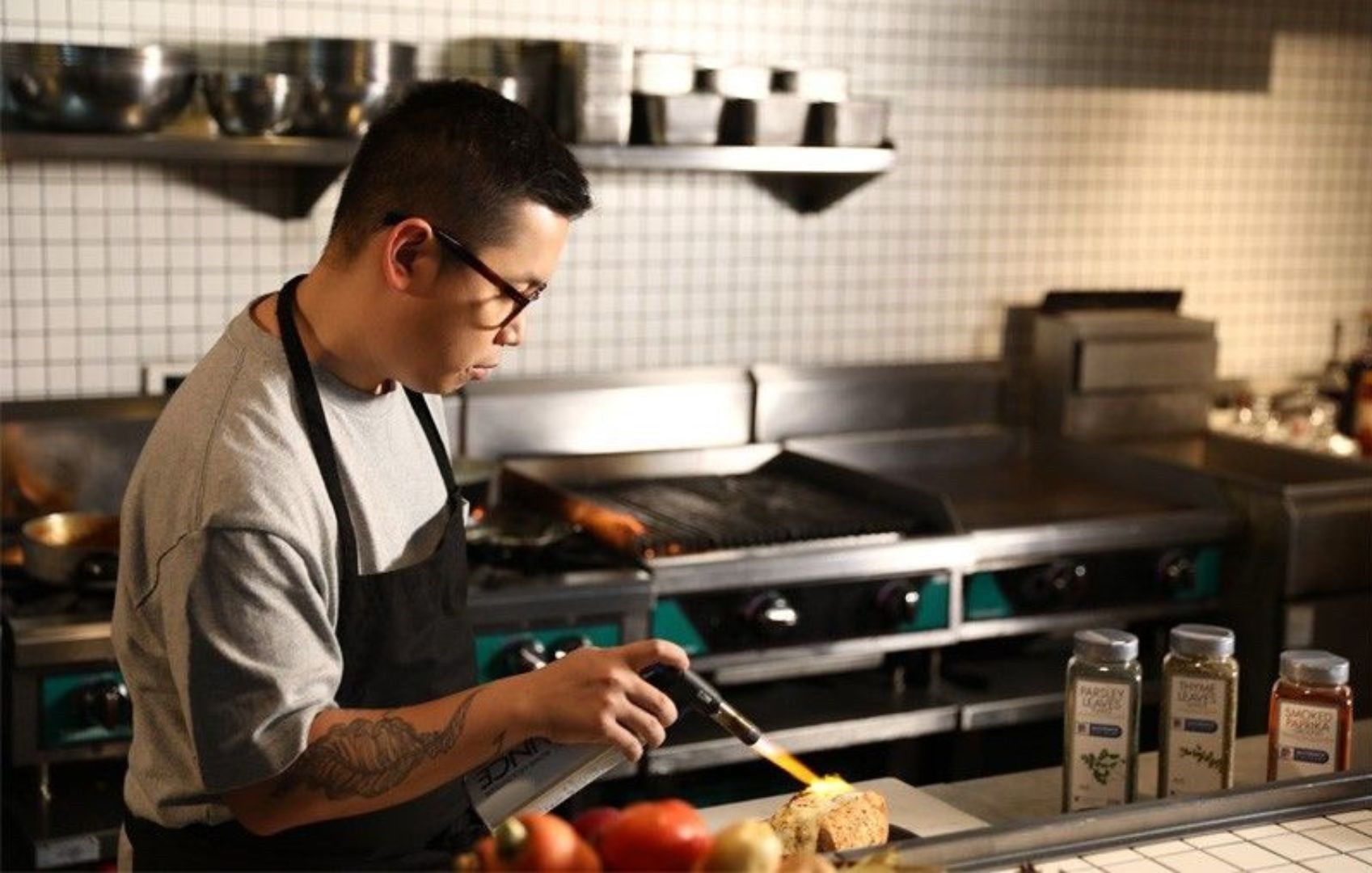Restaurant owners, chefs encourage sustainable practices in the kitchen

MANILA, Philippines — A number of local restaurant owners and chefs are encouraging colleagues to observe sustainable practices in restaurants, particularly in the kitchen.
Seafood company Cold Storage, in partnership with marine movement Save Philippine Seas, invited members within the food and beverage industry to a panel discussion on sea sustainability and how restaurants can do their part in ocean care.
"If we are benefitting from it, we have to take care of it," said the company's president Marco Qua.
Save Philippine Seas Project Manager Harvey Perello pointed out that the Philippines is the 11th highest producer of seafood and shared data from the Bureau of Fisheries and Aquatic Resources that seafood is the second-most consumed food by Filipinos behind rice.
Joining the panel discussion were The Fatted Calf and Flour Pot's Jayjay and Rhea Sycip, Your Local's Patrick Go, Aurora's Quenee Vilar and Nicco Santos, and Metiz and Automat's Stephan Duhesme.
Santos shared that Aurora observes a zero waste policy where bones, trimmings and peelings are reused for other dishes in order to "maximize ingredients to their fullest potential," with Vilar using the process of the restaurant's Salmon Donburi as an example.
Related: From seafood suppliers, couple finds success in opening own sushi restaurant
Similarly, Go said he promotes utilizing unused materials as seasoning, viewing waste as an opportunity to create ideas. He currently uses a sustainable way of making onion powder and is looking to attempt roasted tomato.
He also supports purchasing from small agro-cultures and using seafood that is sustainably caught. Duhesme agreed. His Automat works with small farms that organically grows produce a particular way. It also no longer uses plastic containers.
Rhea Sycip added that on top of helping farmer by constantly buying in-season fruits, she and her husband are witnessing an evolving menu of seafood from sustainable sources.
When asked how other restaurants can go a sustainable route, she said it starts with commitment to it and involving the entire staff.
Vilar also said that from an operational standpoint, it is cheaper to be sustainable. In addition, she said restaurants that use natural ingredients for other dishes can prove a point by showing the numbers behind sustainable cooking.
RELATED: Chef Jose? Evidences show Rizal loved cooking, fish



















